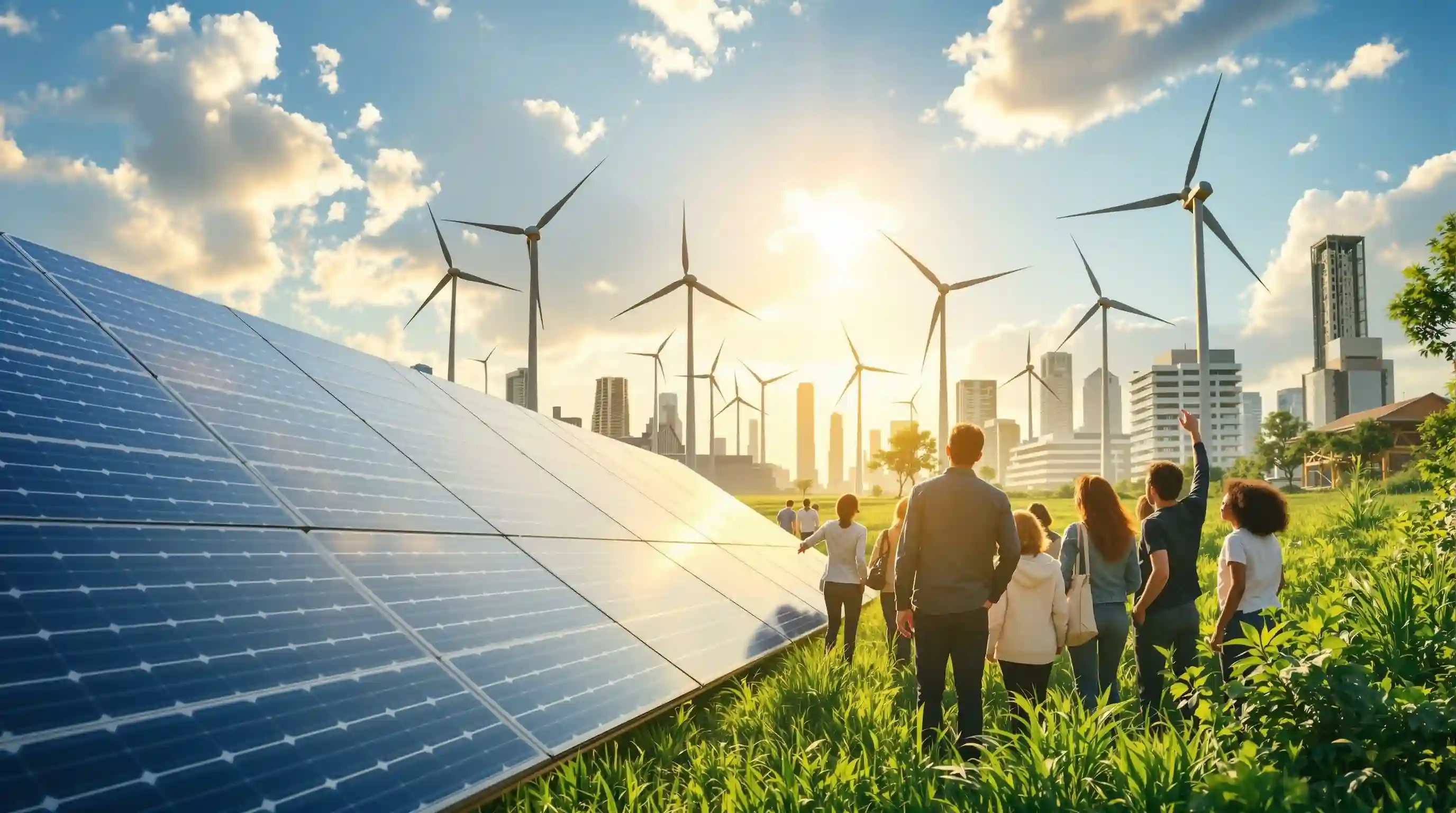
The One Big Beautiful Bill drastically shortened deadlines for federal energy credits, reshaping incentives across homes, vehicles, and businesses. Homeowners now face accelerated cutoffs for energy-efficient home improvement credits, including heat pumps, insulation, and ENERGY STAR windows. Electric vehicle buyers lost access to generous credits months earlier than expected, leaving binding contracts as the only exception. Businesses still have limited clean energy opportunities, but the compressed schedule requires immediate planning to claim the credit before it expires.
The residential clean energy credit allows property owners to deduct 30% of qualified expenses for solar panels and battery storage technology. Energy-efficient home improvement credits also cover heat pumps, air sealing materials, biomass stoves, and ENERGY STAR-certified exterior windows. Certain qualified expenses, such as labor costs, home energy audits, and the installation of geothermal heat pumps or water heaters, may be eligible for qualification. To claim the credit, improvements must be placed in service by December 31, 2025, and accompanied by documentation for the tax return.
The energy credits under the Big Beautiful Bill ended EV tax benefits, cutting both new and used vehicle incentives early. The expired residential energy credits had previously supported the adoption of clean energy, alongside solar panels, wind turbines, and geothermal heat pumps. Property owners who signed binding contracts before September 30 may still claim the credit as qualified expenses on a tax return. The Internal Revenue Service requires proof of payment and documentation to ensure compliance when filing federal tax credits for clean transportation.
Businesses can still access federal tax credits for clean energy infrastructure, including the Alternative Fuel Vehicle Refueling Property Credit. Builders benefit from the New Energy Efficient Home Credit 45L, rewarding energy-efficient upgrades and qualifying improvements in residential properties. The Commercial Buildings Deduction 179D encourages large-scale energy efficiency projects, covering labor costs, qualified expenses, and related equipment installations. However, the Qualified Commercial Clean Vehicle Credit expired September 30, 2025, leaving a limited window for businesses to claim the credit.
The Big Beautiful Bill accelerated timelines, forcing homeowners and businesses to act faster on residential energy credits and federal tax credits. The residential solar credit, which was phased out through 2033, now ends in 2025, affecting property owners considering renewable energy installations. Energy-efficient home improvement credits also expire early, cutting eligibility for biomass stoves, efficient home upgrades, and ENERGY STAR improvements. These changes reduced planning time, making timely installation and documentation essential to claim the credit for a qualifying property.
Electric vehicle credits faced the steepest impact, with a hard cutoff in September 2025 eliminating future tax benefit opportunities. Buyers relying on excess credit or federal tax credits for EVs lost incentives unless they had signed binding contracts before the deadline. Clean energy benefits remain unchanged, but accelerated deadlines increase urgency for home improvements, solar panels, and qualifying home improvements. The Internal Revenue Service emphasizes that property placed in service before deadlines ensures eligibility for maximum credit amounts on a tax return.
Homeowners should schedule energy-efficient upgrades such as solar panels, heat pumps, and biomass stoves before the 2025 deadline. Energy audits help identify qualifying improvements, allowing property owners to maximize savings while ensuring compliance with federal tax credits. Documentation, including receipts, installation records, and ENERGY STAR certifications, must be collected and retained for accurate reporting on a tax return. Filing IRS Form 5695 and consulting a tax advisor ensures eligibility and proper credit amounts for clean energy incentives.
By William Mc Lee, Editor-in-Chief & Tax Expert—Get Tax Relief Now